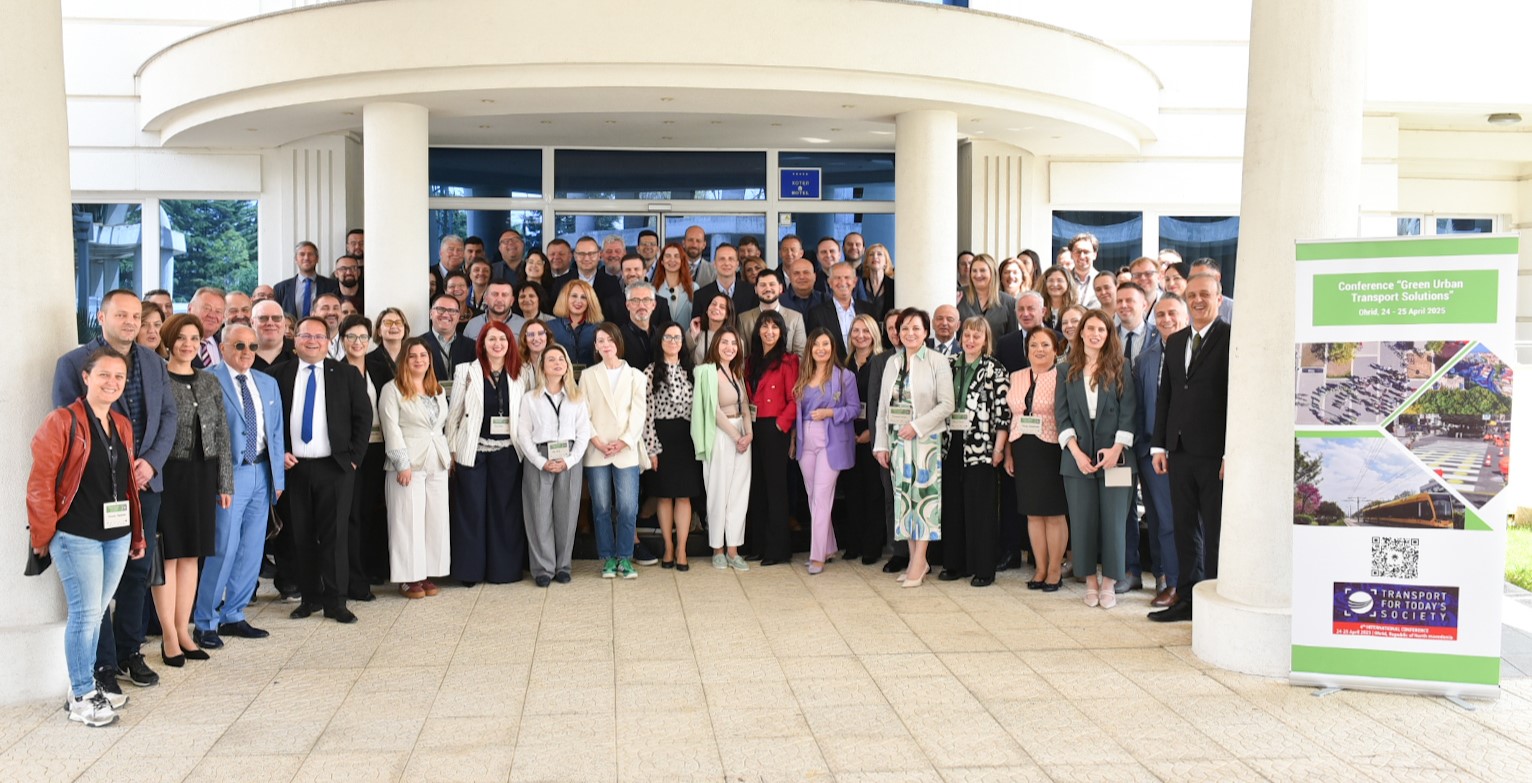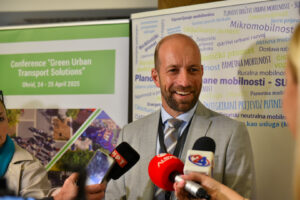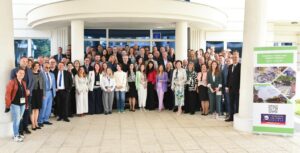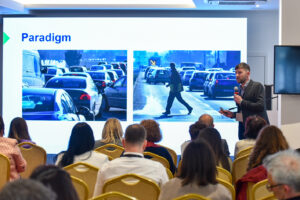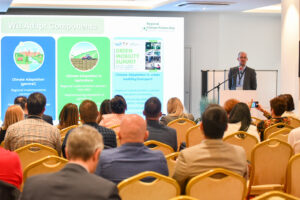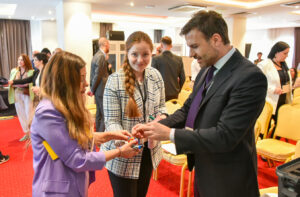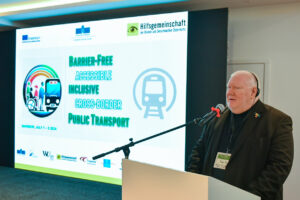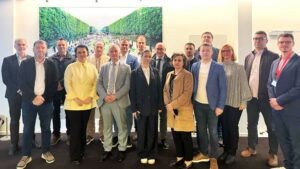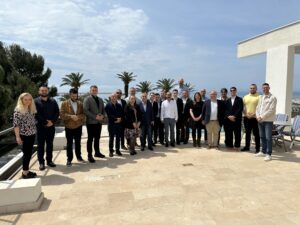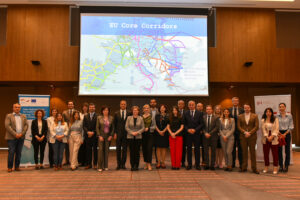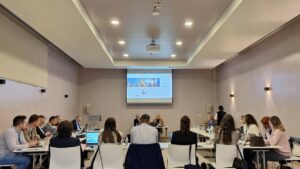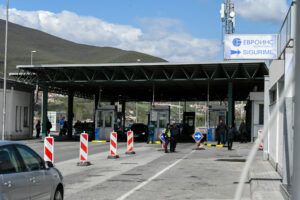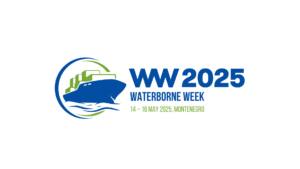OHRID – On 24-25 April 2025, the regional conference “Green Urban Transport Solutions” took place in Ohrid, gathering over 130 participants from the Western Balkans and the European Union. Among the attendees were decision-makers from national and local institutions, members of parliament, university professors, civil society organizations, and regional experts. The conference focused on key challenges related to the environmental impact of transport, integrated planning, financing urban mobility, fleet transition to zero emission buses, clean bus platform, and the need to adopt and implement National and Local Sustainable Urban Mobility Plans (NUMPs and SUMPs), as well as the proposal for a Law on Integrated Transport.
The event was organized in cooperation with the Transport Community, the German Development Cooperation (GIZ), the Municipality of Ohrid, the Faculty of Technical Sciences in Bitola, CIVINET SLO–CRO–SEE, and a wide range of regional partners and academic institutions.
Through a series of panel discussions, interactive workshops, site visits, and thematic presentations, the conference addressed topics such as electromobility, zero emission buses, financing low-carbon solutions, developing barrier-free transport plans, regional connectivity, and logistics strategies for reducing CO₂ emissions. Particular emphasis was placed on the importance of political will for implementing sustainable transport strategies, the inclusion of citizens in planning processes, and the need for accessible financial mechanisms for smaller municipalities. The conference reaffirmed the urgent need for a coordinated transition toward a climate-resilient and socially inclusive transport system in the region, with institutions, academia, civil society, and international partners playing a crucial shared role.
From an institutional and legal perspective, it is essential that the authorities across the region begin developing National Sustainable Urban Mobility Plans, transpose Clean Vehicle Directive and Alternative Fuel Infrastructure Regulation, introduce a Law on Integrated Transport, and amend existing Local Self-Government Laws to align with the goals of sustainable mobility.
Furthermore, establishing a multi-level governance structure is necessary to enable coordination across all levels of government and to ensure effective inter-ministerial cooperation between key sectors – transport, spatial planning, and environment.
By implementing these measures, the region will be able to build high-quality mobility systems that serve the people – not the other way around. Sustainable transport is about trust and shared responsibility.

